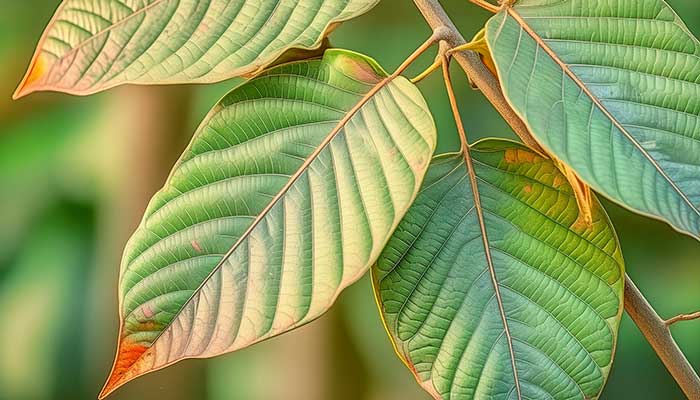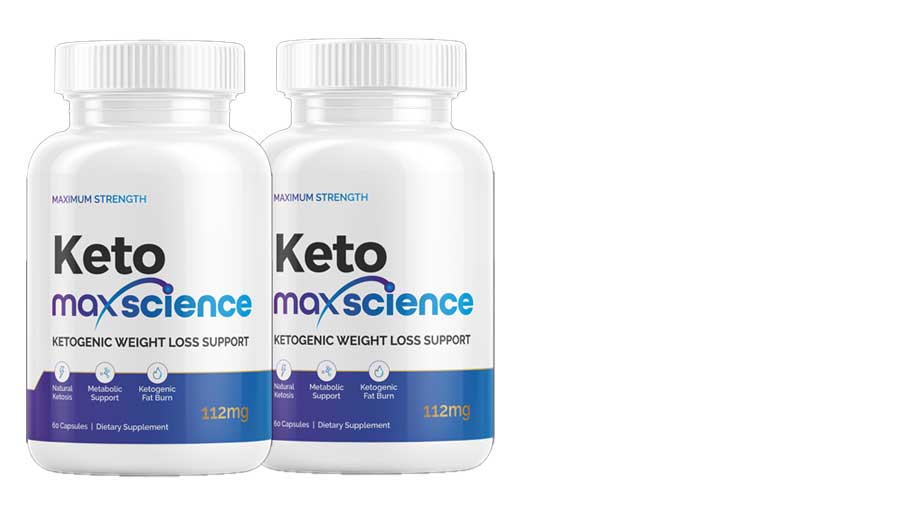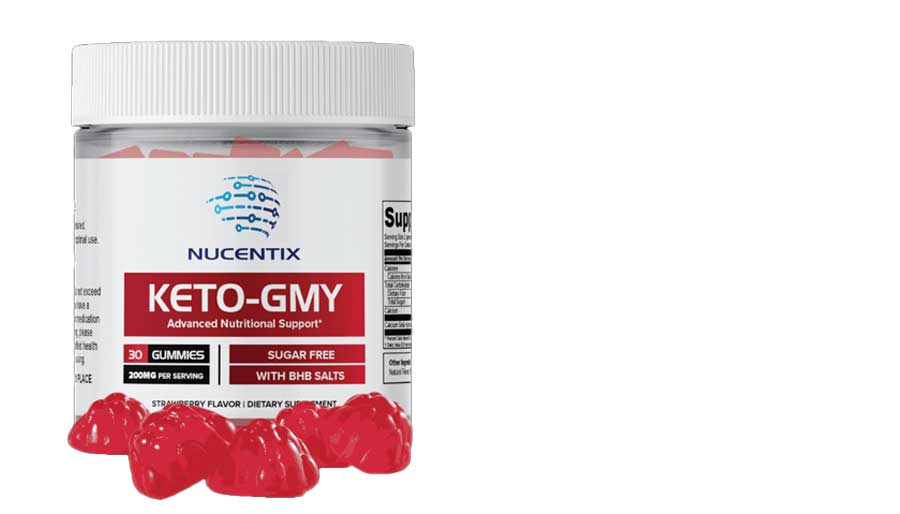
BANABA / Lagerstroemia speciosa
What is it?
> Scientific/Other Names: Lagerstroemia Speciosa, Crepe Myrtle, Jarul, Pride of India
> Supplement Type: Herbal
> Taken as: Capsules or tablets
Banaba is a tropical plant native to Southeast Asia. The leaves of the banaba tree have long been used in traditional medicine as a remedy for diabetes, fever and kidney problems.
What are the benefits of taking Banaba Leaf extract?
Banaba leaf is thought to:
- Improve insulin sensitivity and help regulate blood sugar levels
- Aid in weight loss
- Provide antioxidant protection
- Support cardiovascular health
How does it work?
The active compounds in banaba leaf, such as corosolic acid and ellagitannins, are believed to work by enhancing insulin sensitivity and promoting glucose uptake into cells. This helps stabilise blood sugar levels which in turn can reduce cravings for sugary and high-calorie foods.
Banaba leaf also exhibits antioxidant properties, which can protect cells from oxidative damage. Additionally, it may have a role in lipid metabolism, potentially aiding in weight management and cardiovascular health.
What is oxidative stress?
Think of oxidative stress like rust on metal. When your body processes oxygen, it creates byproducts called free radicals. These free radicals can damage cells, a lot like how rust damages metal. This damage can lead to various health problems, aging, inflammation, and diseases. Oxidative stress happens when there’s an imbalance between free radicals and antioxidants, which normally neutralize them.
See our guide on Supplement Mechanisms
Is there evidence that it helps with weight loss?
> Some mid sized clinical trials have been conducted to assess banaba leaf benefits (or it’s key active component – corosolic acid) for diabetes management and metabolic health support. One trial that focused on non-insulin dependent T2 Diabetics, found that blood glucose was reduced by 20-30% in the participants taking Banaba – which is a significant improvement.
> However, changes in participant weight and body composition were not the focus of the trial and so weren’t reported.
> It is important to note also, that many of the studies also involved other herbal compounds making it difficult to assess the effects of Banaba alone.
> Clinical trials have involved less than 50 participants.
See our guide on trial sizes.
What is the effective dose of Banaba?
Clinical trials saw results from a dosage of no less than 32–48 mg daily.

So, does it work?
OK, but is it safe?
Banaba is generally considered safe when used appropriately, but may cause side effects such as stomach upset or allergic reactions in some individuals. People with diabetes should monitor their blood sugar levels closely when using Banaba supplements, especially if you are taking diabetic medication.
References
1. Antidiabetic activity of a standardized extract (Glucosol) from Lagerstroemia speciosa leaves in Type II diabetics. A dose-dependence study
2. A review of the efficacy and safety of banaba (Lagerstroemia speciosa L.) and corosolic acid
3. Corosolic acid stimulates glucose uptake via enhancing insulin receptor phosphorylation
4. Antidiabetes and Anti-obesity Activity of Lagerstroemia speciosa


